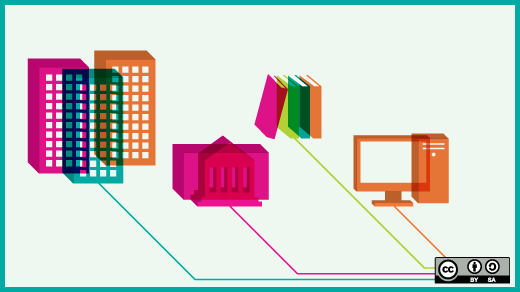Danish municipalities are increasingly using free and open source software for collaboration and innovation of ICT solutions. More than 10% of the country's municipalities last year joined the newly founded Open Website Community OS2. The group has already delivered a Drupal-based municipal content management system (OS2Web) as well as an application offering paperless meetings (OS2dagsorden).
The twelve municipalities in the OS2 consortium are supported by 19 Danish open source service providers. The group in December started the development of the two next applications, OS2kontactcenter and OS2kle, says Jon Badstue Pedersen, head of section at the Syddjurs municipality.
"In typical OS2-style, we started working on OS2kontaktcenter at a hacklab, involving twenty participants from municipalities and suppliers," Badstue says. "And in just two days we proved that we can offer contact centre solutions for municipalities, combining and presenting to web site visitors information that is already available on websites and in databases." This solution makes good use of two pre-defined taxonomies of the information made available by Danish public administrations, called KLE and FORM.
Marking content
The second new solution, OS2kle is intended to offer automatic text interpretation. It uses Taxon, open source software for automatic tagging of electronic documents.
"Tagging is becoming a prevalent way to structure large amounts of content on a web site," Badstue explains. "But the process of marking content with meta-data is very resource intensive. We are improving this process, either by adding tags automatically or by suggesting the user which tags to use."
The OS2 consortium was started in April last year by five municipalities of Copenhagen, Ballerup, Sønderborg, Syddjurs and Ishøj. Morsø, Jammerbugt, Ringsted, Kolding, Odsherred, Favrskov and Skanderborg joined soon after. Badstue: "OS2 aims to contribute to open source in the public sector. We want to make Denmark an international innovative pioneer within the field."
"Our community shows that Danish public administrations are increasingly embracing open source, supported by their local politicians. This type of software offers the best tools to create an open and innovate digital society, allowing us to collaborate and share our work, while avoiding the lock-in of proprietary software."






Comments are closed.